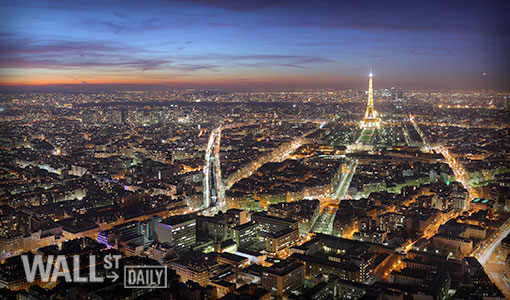
The Paris terrorist attacks have inevitably complicated the politics of both immigration and U.S. action in the Middle East.
The tragedy brought home to people that Middle East terror can’t simply be ignored and left to fester. If it grows, it’s sure to appear in our cities.
It also shook up the race for the 2016 nomination, and it’s sure to have an outsized impact on the election itself.
Jeb Bush and The Wall Street Journal have already called for a more substantial U.S. ground force in Syria. At the same time, both deplored any thought of restricting refugee entry to the United States.
Yet that policy seems to me wrong in two ways at once.
Putting more ground troops into Syria is by no means guaranteed to succeed – after all, it didn’t work in Iraq or Afghanistan. But it wouldaid recruiting into ISIS and other radical Islamic forces, as susceptible youths are told that the U.S. is bound on a crusade against the Muslim faith.
Conversely, allowing unrestricted refugee entry to the United States in the kinds of numbers currently attempting to get there furthers the risk of a Paris-style attack. At least one and possibly two of the attackers arrived in Paris via the refugee route through Greece.
Thus, in my opinion, the opposite combination of policies makes more sense.
The U.S. has no strategic interests in the Middle East. It’s more or less self-sufficient in oil now, and the Middle East is a culturally hostile region in which the U.S. has an unhappy history.
Hence, it makes sense to reduce its military presence on the ground and to conduct fewer air raids/drone strikes, which inevitably take the lives of the innocent as well as the guilty.
Additionally, since a hostile force is attempting to commit atrocities in the West, it makes sense to tighten border controls and reduce both refugee entry and immigration from the region in general, thus making the task of destruction more difficult.












Leave A Comment